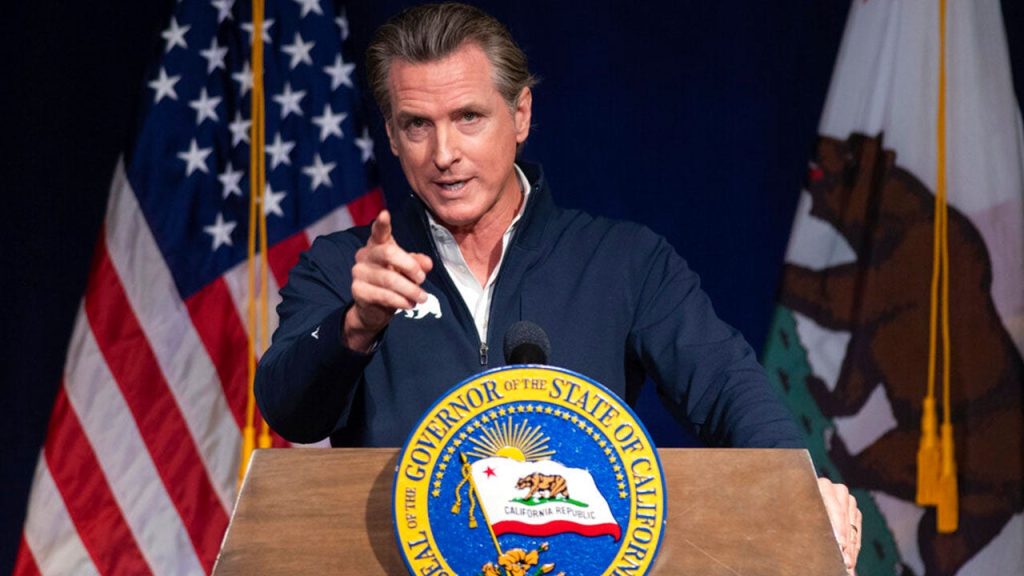California’s state government, led by Governor Gavin Newsom, is pushing a comprehensive climate agenda aimed at the transportation sector. The California Air Resources Board (CARB) has implemented new rules mandating a shift to zero-emission vehicles in various modes of transportation, including passenger cars, heavy-duty trucking, freight trains, and harbor vessels. This move comes as part of a larger effort to combat climate change and reduce carbon emissions, as transportation accounts for 39% of California’s carbon emissions. The state aims to cut greenhouse gas emissions by 85% by 2045 and decrease oil demand by 94% as part of the California Climate Commitment announced by Newsom.
The new regulations have faced criticism from various groups, including Republicans, Democrats, industry associations, and consumer groups, who argue that the plan is not feasible. The Alliance for Automotive Innovation, representing major automakers, expressed concerns about the feasibility of the plan, suggesting that CARB is focused on reducing emissions without considering practical implications such as personal mobility and accessibility to electric vehicles and charging stations. Despite these criticisms, California is moving forward with its mandate for electric vehicle sales, with the goal of 100% electric vehicle sales by 2035.
While some support the transition to electric vehicles, others have raised concerns about the economic impact of these regulations. The American Trucking Associations and the Association of American Railroads have criticized CARB’s rules as setting unrealistic targets and unachievable timelines for electrifying trucks and freight trains. Critics argue that the high cost of electric trucks compared to diesel-powered models could lead to increased consumer prices and have negative consequences for the economy. Additionally, regulations requiring cleaner upgrades and newer technology for vessels, such as tugboats and barges, have raised concerns about safety and potential economic burdens.
Despite opposition and concerns, CARB has partnered with heavy-duty truck manufacturers to work towards emissions reductions and a zero-emissions future. The state argues that these regulations are developed through a rigorous public process that includes input from stakeholders and careful financial analysis. While critics question the practicality and economic impact of these regulations, CARB maintains that a shift towards zero-emission vehicles will bring benefits such as cleaner air, reduced illness, and cost savings. The state of California continues to push forward with its ambitious climate agenda, focusing on electrifying the transportation sector and reducing greenhouse gas emissions.


